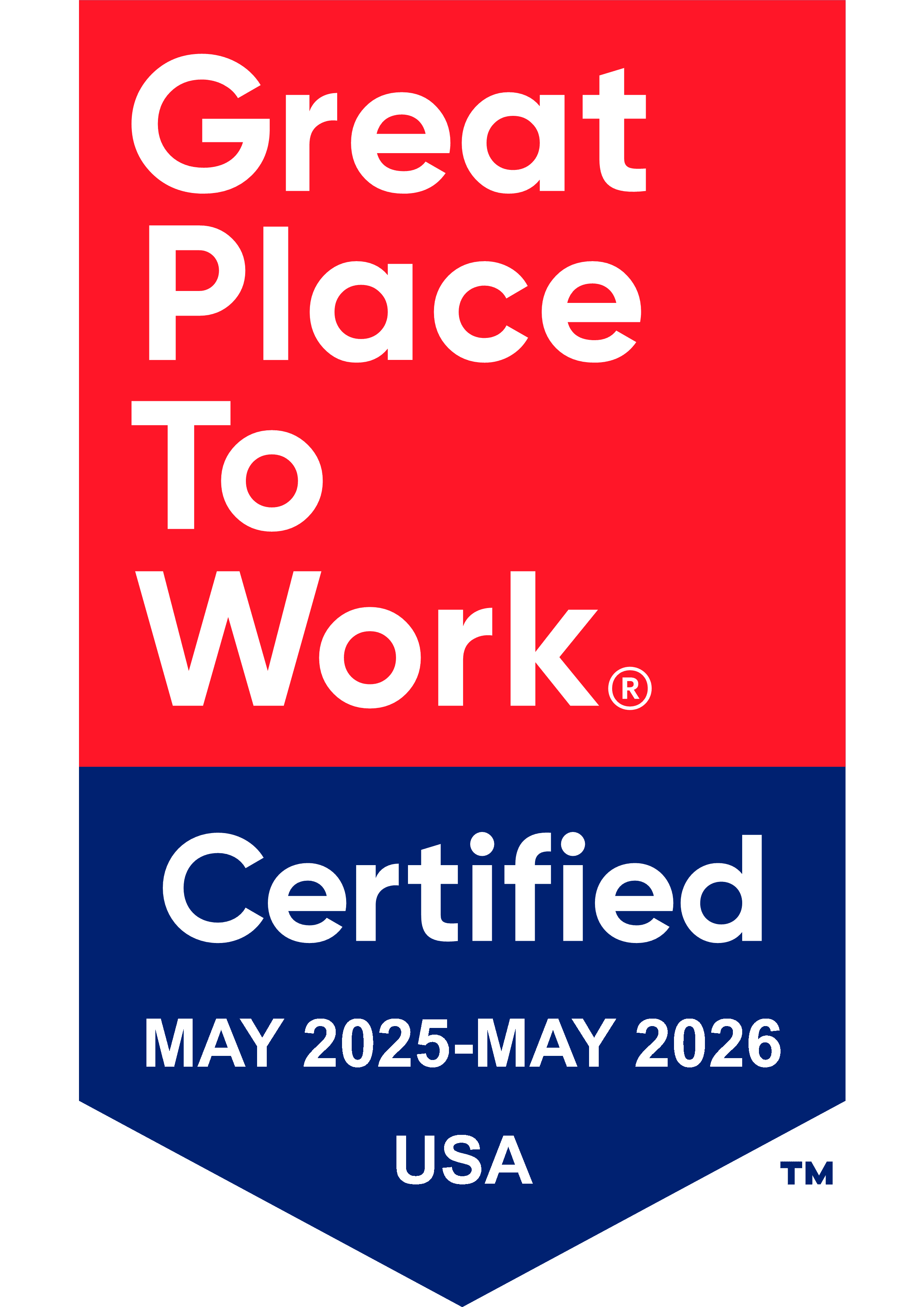The Drugstore Chain Plans to Collect Unused Drugs and Provide OTC Naloxone
CADCA commends Walgreens for its commitment to install secure collection bins for unused, unwanted and/or expired prescription drugs in their stores.
“On behalf of our organization and our 5,000 coalitions nationwide, CADCA applauds Walgreens, one of the nation’s largest drugstore chains, for the launch of a comprehensive new effort to combat drug use and prescription and over-the-counter drug misuse, which have, reached epidemic numbers in this country,” said CADCA Chairman and CEO General Arthur T. Dean. “Their bold move will make the disposal of medications easier and more convenient while helping to reduce the misuse of medications and the rise in overdose deaths, especially with opioids.”
According to the 2014 National Survey on Drug Use and Health, an estimated 6.5 million Americans misused a prescription drug in 2014. Most people who misuse prescription drugs first obtain them from a family member or friend, often from a home medicine cabinet.
Walgreens plans to install the collection kiosks in more than 500 of their drugstores in 39 states and Washington, D.C., primarily in stores that are open 24 hours. There will be no charge for customers to drop off their medications. The initial installation of the safe medication disposal kiosks has begun in California. By the end of the year, the following states will also possess the kiosks: Alabama, Arizona, Arkansas, California, Colorado, Connecticut, District of Columbia, Florida, Georgia, Illinois, Indiana, Iowa, Kansas, Kentucky, Louisiana, Maine, Maryland, Michigan, Minnesota, Mississippi, Missouri, Montana, Nebraska, Nevada, New Jersey, New Mexico, New York, Ohio, Oklahoma, Oregon, Pennsylvania, Rhode Island, South Carolina, South Dakota, Texas, Utah, Vermont, Virginia, Washington, and Wisconsin.
In addition to that, CADCA applauds Walgreens’ upcoming availability of the opioid/heroin overdose reversal drug naloxone, which will be sold without a prescription in the following states: Alabama, Arkansas, California, Colorado, Connecticut, District of Columbia, Idaho, Illinois, Indiana, Kentucky, Louisiana, Maine, Maryland, Massachusetts, Minnesota, Mississippi, Montana, Nebraska, New Hampshire, New Jersey, New Mexico, New York, North Carolina, Ohio, Oklahoma, Oregon, Pennsylvania, Rhode Island, South Dakota, Tennessee, Texas, Utah, Vermont, Virginia, Washington, and Wisconsin.
“These are all states where CADCA’s members are engaged in ways to reduce OTC and opiate abuse, and where many coalitions already partner with their local Walgreens stores on the Drug Enforcement Administration’s bi-annual Take Back Day,” Gen. Dean said.


